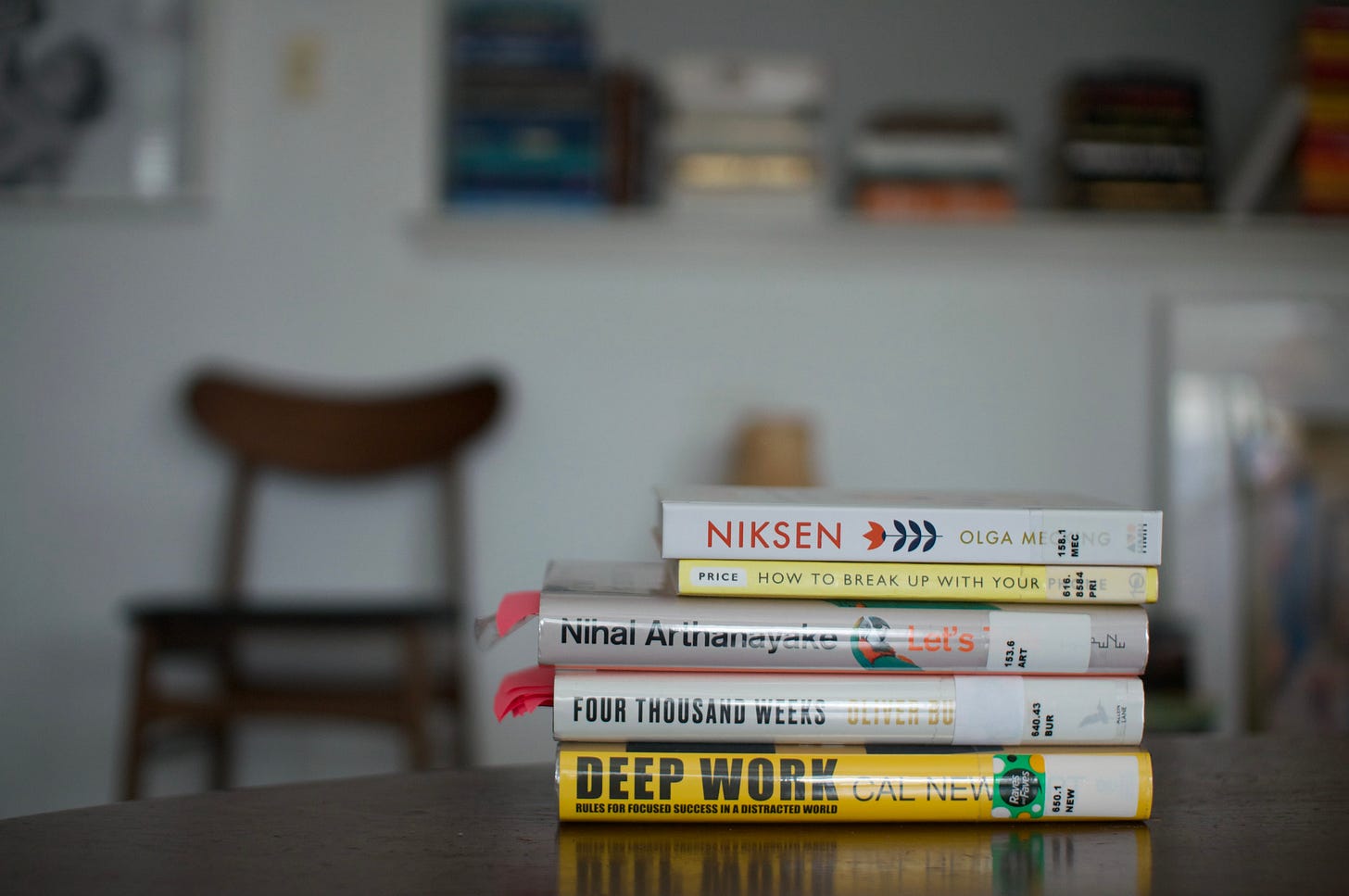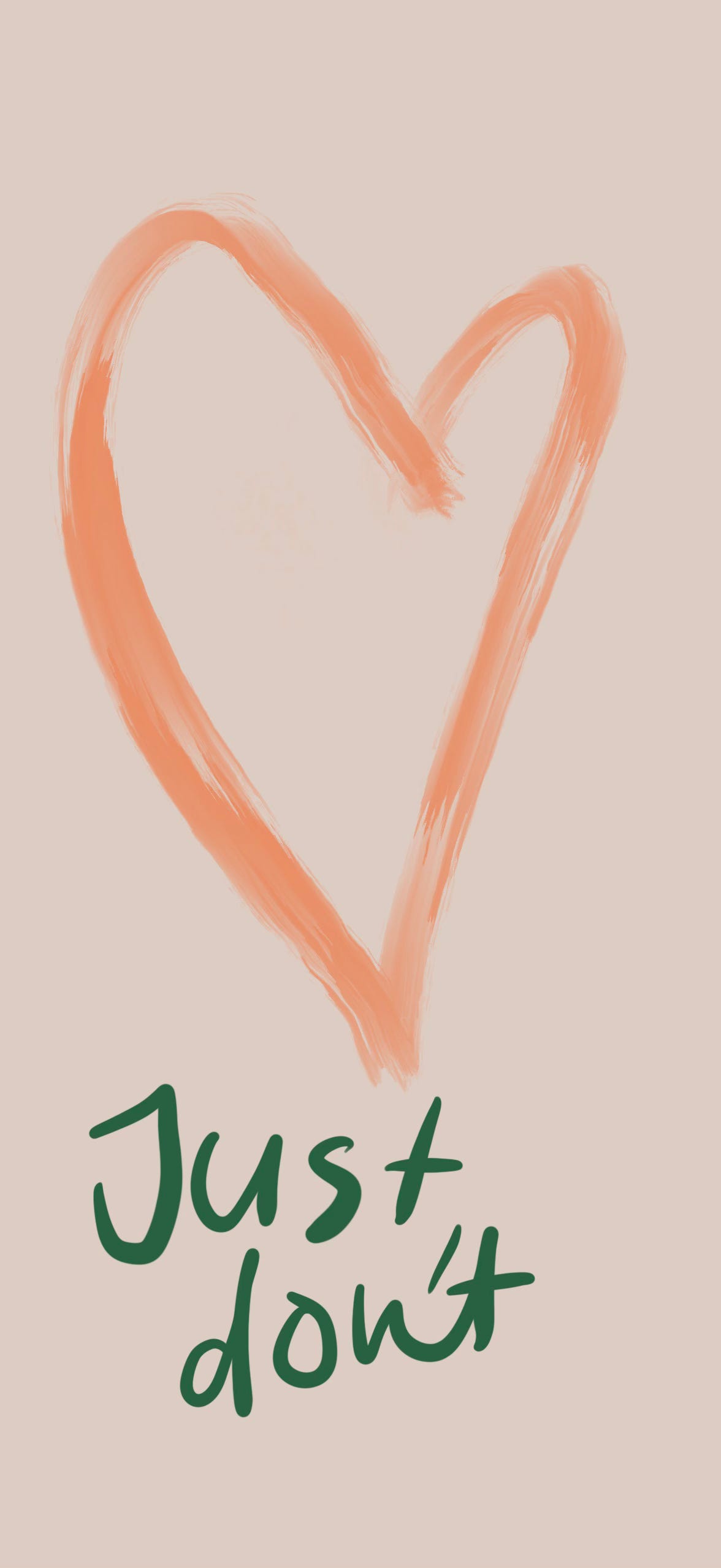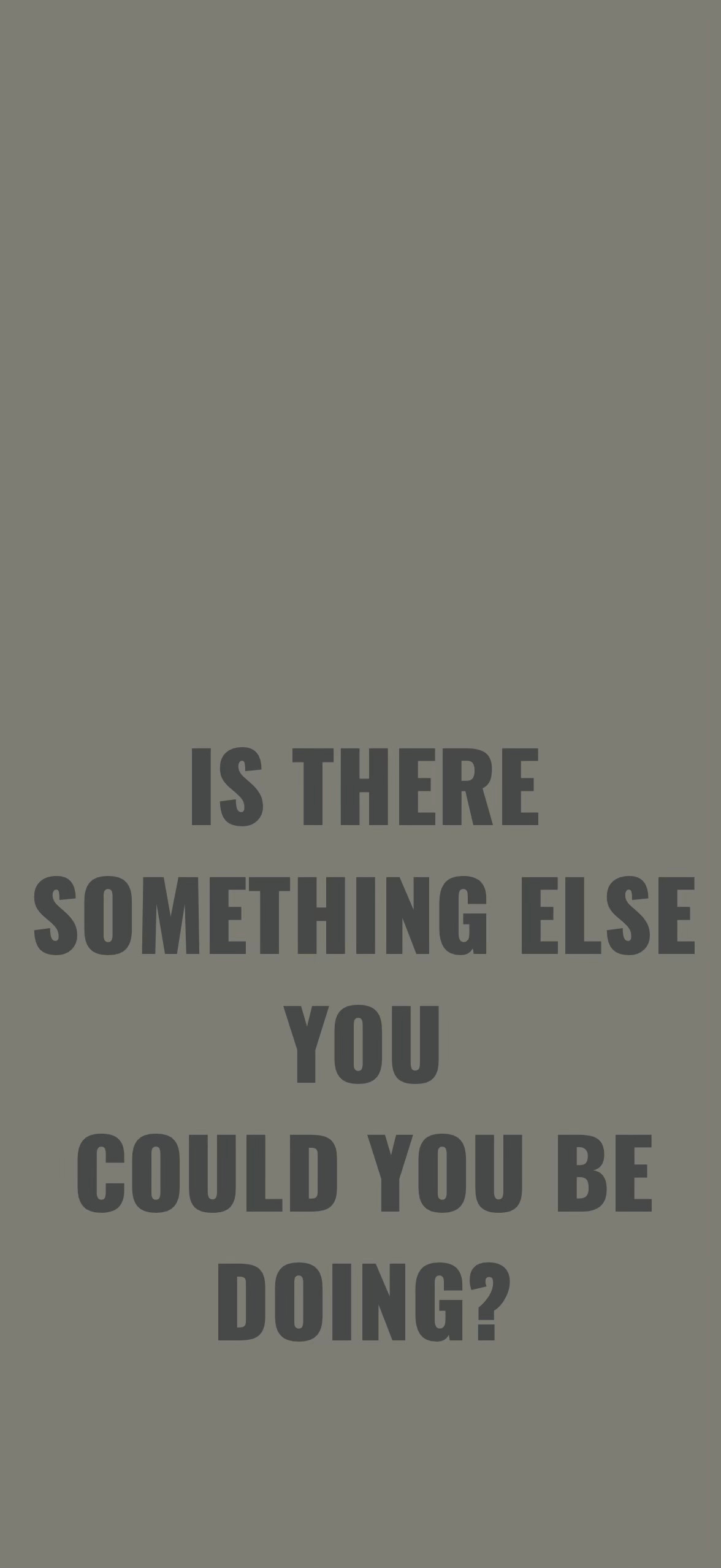Hello there,
I hope you had a good April. Please do let me know if you read, watched, discovered or obsessed over anything. I love a good recommendation.
This month I spent a lot of time grappling with my phone. Am I, or am I not addicted to it? Do I, or do I not have a behavioural addiction? Perhaps at some time or the other you too have asked yourself the same question. If so read on.
I took two tests. Well, really three.
The first one came from Adam Alter’s book Irresistible: The Rise Of Addictive Technology And The Business of Keeping Us Hooked. The test is used to measure Internet addiction, but can just as well be applied to phone usage. My score fell into the 13-20 category. Not where I wanted it to be.
The second test I used came from a small but powerful book called How To Break Up With Your Phone, by Catherine Price. In it, Catherine Price shares the Smartphone Compulsion Test developed by Dr. David Greenfield, an internationally recognized expert in tech and video game addiction. Needless to say, I scored pretty high on that test too.
The third test, and probably the most important one of all, was my own awareness. Was I happy with the amount of time I was spending on my phone? The answer *rolls drumbeat— no, I was not.
Why not? Simple. It was getting in the way of my writing time. What does it say about my dedication to finishing a chapter if, after twenty minutes of writing, I just have to check the Bridgerton Season 3 trailer for the 76th for any juicy bits I may have missed?
Evelyn Skye wrote this article on how she finished four novels in 365 days. What?? How?? I asked myself. Well, she gives some excellent advice, a lot of it, she said, came from Cal Newport’s book, Deep Work, in which he talks about the ability to focus, without distractions, on a cognitively demanding task.
I ran to library to borrow it.
Now I’ve started putting my phone in a different room when I write, and it has worked wonders. I noticed a considerable dip in my writing productivity on days where I was expecting an important call and needed to have my phone with me. Out of sight, out of mind. I have to be honest though, as with any addiction, it wasn’t quite that easy in the beginning (and on some days I still purposely forget to leave it in the mudroom), but it’s getting there.🤞🏽
The problem with my phone, however, went beyond just writing time. Outside of writing as well, I was on my phone way too much for my liking. For a writer, for any creative for that matter, what happens when you’re not writing, is as important as what happens when you are writing.
The mind needs a certain amount of freedom to think up new ideas.
And I simply wasn’t giving it that freedom.
If my mind was focused on scrolling the latest cult-followed cream blush (I don’t even wear make-up!) on Youtube, checking out how to style fisherman sandals on Instagram, looking at ideas for a wildflower garden I would never have (especially if I kept on going the way I was on my phone) on Pinterest, meant I was not allowing it the time it needed to get bored and wander.
Olga Mecking elaborates on the power of doing nothing in her book, Niksen: Embracing the Dutch Art of Doing Nothing. A wandering mind draws in original ideas. There’s no denying that.
Who hasn’t watched Elizabeth Gilbert’s TED Talk where she introduces the notion that ideas come to you and it’s up to you to catch them before they move on? I’ve watched it several times. But being on my phone meant I wouldn’t hear the ideas, let alone have the attention to catch them should they come calling.
The problem was: how do you break an addiction where going cold turkey isn’t an option.
I live in the 21st century. I need my smartphone. With my sense of direction, I don’t want to think about where I’d end up if I didn’t use the maps app. Side note here;
When I was a teenager, before I’d even heard of a mobile phone, there were a number of years where we didn’t own a landline. The area we lived in had no phone lines, which meant we had no phone. Period. I used to write my friends lengthy notes and give it to them the next day in school.So how do you tackle an addiction where abstinence isn’t a solution then? Luckily I came upon the nifty little book called How to Break Up With Your Phone. There are some brilliant tips in there to reduce reaching for your phone when you don’t necessarily need to. One of my favourites is to use your lock screen as a reminder.
Write whatever works best for you on to a piece of paper or on your iPad, in Photoshop, Canva, whatever suits your creativity best. Make it as fancy as you please or as boring as you can manage. Take a picture and upload it to your lock screen. These are two of mine:
You could use a physical reminder too, such as an elastic band around your phone that you’ll notice when you reach for it.
Deleting social media apps from your phone of course goes without saying. The damaging and addictive aspects of social media are well known by now, and it comes as no surprise that four Ontario school boards are suing Snapchat, TikTok and Meta. No need for me to write anything more on the subject here.
At first I thought I wouldn’t be able to do without social media.
I thought I’d miss out on way too much. So I detoxed on a trial basis. I gave myself specific times where I could reload the apps onto my phone. I’d delete them on Sunday night, then reload them on Friday afternoon as I was waiting in the car for my piano lesson to begin. It was a special treat. I’m happy to tell you, as of today, I haven’t reloaded any social media apps in weeks. I simply don’t miss them anymore. My life continues in beautiful ways without knowing at which fancy restaurant other people are eating their dinner.
There are so many more pointers in the book:
turning off notifications (which thankfully I had never turned on)
decluttering your apps
turning your display to grayscale
getting an alarm clock so you don’t go to sleep or wake up with your phone beside your bed
there’s even such a thing as an app-blocker that allows you customize session where certain apps are blocked
I now often simply place the phone in a different room and forget about it even when I’m not writing, I do this specifically when others are in the room with me
If all else fails (and it might, with the amount of money tech companies spend to keep us hooked), you can always get a dumb phone. Apparently stressed out gen Z are doing it. I’ve considered it, but… eeek… I don’t know. Maybe one day…
I’ll leave you off with a quote from the book Four Thousand Weeks: Time Management For Mortals that always works wonders for me.
At the end of your life, looking back, whatever compelled your attention from moment to moment is simply what your life will have been. So when you pay attention to something you don’t especially value, it’s not an exaggeration to say that you’re paying with your life.
Wishing you a magical May.
XO, Ingrid
PS. I almost forgot. This month I went for the advanced screening of The Idea of You, which broke the record for most watched trailer, and had such a fun time. The theatre was so animated watching the film. It’s out on Prime today if you’re up for a fun movie. Erin Carlson wrote a really good article on the boom of age-gap pictures.
Then, this past weekend I watched Challengers which is one of those films you end up analyzing for days after you’ve watched it. Luca Guadagnino is quickly becoming one of my favourites directors.








